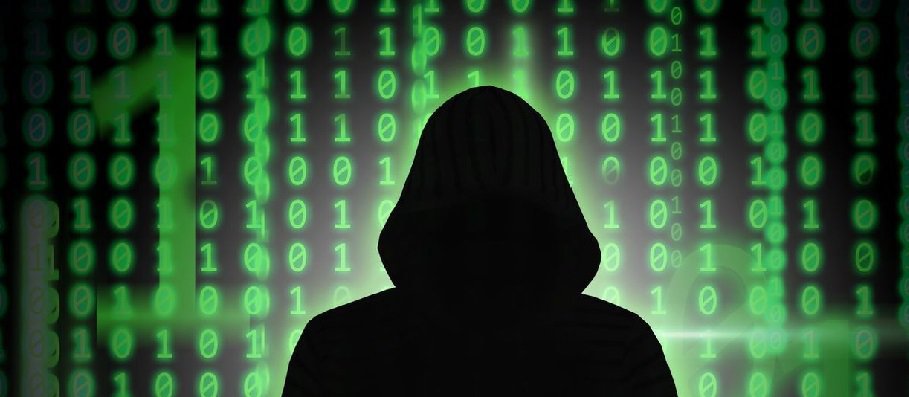A slew of cyber attacks on high-profile Twitter users in the last two weeks have sent shock-waves among the social media community.
First it was the official, verified Twitter accounts of Rahul Gandhi and Congress Party that were hacked. Then came Vijay Mallya, followed by similar attacks on NDTV journalists Barkha Dutt and Ravish Kumar.
A certain ‘Legion’ group has claimed responsibility for all the four hacks, claiming they are apolitical and warning everyone that they are in possession of “several terabytes of raw data concerning all sorts of ‘interests'”.

While hacking of Twitter accounts or emails is neither rare nor restricted to India, many have linked these incidents to potential risks of Digital India – the Modi government’s pet project to move India towards a cashless, digital economy and society.
Journalist Barkha Dutt questioned the government directly on how secure digital banking is.
To Hackers who put out my bank details I have zilch to hide re my earned, tax paid savings.But now who’ll believe digital banking is secure?
— barkha dutt (@BDUTT) December 12, 2016
Dear @rsprasad I hope the govt that holds out promise of Digital India takes seriously the hacking of journalists like me & @ravishndtv ?
— barkha dutt (@BDUTT) December 12, 2016
The Congress, which was among the first victims, has emerged as a strong voice against Modi’s push for a “less-cash” economy where he has appealed for greater use of Internet and phone banking.
Those forcing country to adopt online payment overnight,have they taken steps to ensure a/c of ordinary ppl will be immune from hacking?
— Ahmed Patel (@ahmedpatel) November 30, 2016
Hacking of@OfficeofRG proves lack of Digital safety around each one of us. Every digital info can be accessed, altered, morphed & modified.
— Randeep S Surjewala (@rssurjewala) November 30, 2016
And just imagine, if it’s so easy to hack digital presence of an SPG protected person, how easy it would be to steal your digital money.
— Dr Ajoy Kumar (@drajoykumar) November 30, 2016
But can they really be linked? Experts say no.
Saket Modi, co-founder and CEO of Cyber security firm Lucideus, told Hindustan Times that the two can’t be compared. There’s no link between the economy using less cash and cyber security laws, he says.
“The Opposition’s allegation that India needs better cyber security laws in lieu of the economy going cashless doesn’t hold in the case of the hack attack on the Congress Twitter handle and Rahul Gandhi’s Twitter handle,” he said.
Another expert, Manveer Singh Malhi, who is partner and digital head of web development firm iGenero, told Economic Times that the buck stops with Twitter in this case.
“A lot of accounts have been hacked in the past, and there is no difference in the level of protection. Twitter should create some sort of authentication or an additional layer of protection for verified accounts,” he said.
So while the concerns on digital banking security are very much valid, it may have little to do with expletive-filled tweets and email dumps from prominent personalities.
All eyes are now on the government to see its response in order to allay these concerns:
Deserves a reply from @Rbi and @PMOIndia Forget @BDUTT does this suggest banks vulnerable to hacking? https://t.co/OjjzT8F2Bi
— Sunil Jain (@thesuniljain) December 12, 2016

















